When "self-criticism" becomes "self-praise"
Our Party has clearly stipulated: Every cadre and party member must conduct a self-assessment every year; when carrying out the appointment process, there must also be a self-assessment section. The evaluation criteria are quite comprehensive, from political stance, moral qualities to work results and asset declaration. But in reality, the mentality of "showing off the good, hiding the bad" in evaluating cadres is still quite common. Many cadres' self-assessments only focus on praising advantages and achievements: "strong political stance", "good moral qualities", "healthy lifestyle"... While shortcomings are mentioned in general terms such as: "Sometimes still hot-tempered", "still respectful", "sometimes not good spirit of self-criticism and criticism"... Self-assessments of this type can be copied from the previous year, one person is similar to another, only some specific achievements are different. Unfortunately, most of the officials who committed violations were found to have committed violations in the very aspects that were praised for their political qualities, moral qualities, and lifestyle, without any previous comments mentioning the potential risks.
 |
| Illustration photo: Chinhphu.vn |
The evaluation from the Party Committee and Party organizations is not any better. The habit of being deferential, avoiding conflicts, and being afraid to fight contributes to beautifying the reviews, overshadowing the deviations. The declaration of personal assets of cadres and Party members still lacks a strict verification mechanism. Only when the investigation agency gets involved will we be "shocked" by the huge amount of assets, such as the case of former Secretary of the Ben Tre Provincial Party Committee Le Duc Tho, who owns hundreds of savings books, many luxury cars, and watches worth billions of VND...
Another reality is that the expansion of internal and external assessment channels: from the government, local residents, inspection and supervision agencies... has not been given due importance. The inspection and supervision system is still "thin", not thorough, and lacks effective warning and prevention. In many cases, officials who show signs of "corruption" still pass the assessment rounds, even get promoted at lightning speed.
It is impossible not to mention the influence of factions, “cronyism”, and group interests in personnel work and in the evaluation and assessment of cadres. In many cases, cadres are “sponsored” and “supported” throughout the evaluation and appointment process, which leads to consequences: Wrong person, wrong position, leading to harm to the organization and society.
The danger is that the limitations in evaluating cadres are like a hidden virus, gradually eroding the fighting strength of the Party organization and each Party member. If we do not identify and eliminate them at the root, the appointment process, no matter how correct the process or how qualified it is, cannot ensure the right person.
Expanding the review channel - increasing resistance
President Ho Chi Minh once taught: “Cadres are the root of all work. Success or failure depends on good or bad cadres.” To select good cadres, first of all, we must evaluate correctly and the evaluation must be substantial, objective, and comprehensive.
First of all, it is necessary to arouse the spirit of self-criticism and criticism within the Party organization. Each cadre and Party member must clearly understand his or her responsibility for the prosperity and decline of the organization when he or she misjudges someone. We cannot let emotions, favoritism, and peace prevail over the principles of Party organization and discipline.
Second, it is necessary to break the "internal cocoon" in evaluating cadres. Party committees and party organizations at all levels need to expand the information channels for evaluation: from the Party committee, the government, the people at the place of residence; inspection agencies, police, inspectors, auditors, the Fatherland Front... Consulting opinions from these agencies not only with the cadres themselves but also with their family members must be seriously implemented to promptly detect signs of violations or unusual manifestations. This is not something that is not done when considering and evaluating cadres, but in reality it seems that it is only done to ensure the completion of procedures.
In the context of digital transformation, verifying personal assets requires leveraging technology, connecting data with the banking system, agencies issuing certificates of land use rights for real estate, etc. Dishonest declarations by officials must be considered a serious disciplinary violation and must be strictly handled.
Evaluating cadres is the "opening step" but also the "root" in cadre work. The difficulty lies in the harmonious combination between qualitative and quantitative, between process and substance, between responsibility and political courage, between the real in the expression, between the long-term in the immediate... Evaluating cadres is evaluating people, related to people. That is not simple. Therefore, when the evaluation becomes objective, accurate, impartial and correct, then cadre work will create trust and effectiveness. Only when and when cadre evaluation ensures substance, comprehensiveness and publicity can we eliminate the situation of "following the process, meeting the standards, but still... appointing the wrong person". Evaluating cadres correctly means choosing the right person to assign the job. That is the premise for a strong organization and a developed country.
(continued)
REPORTER GROUP
*Please visit the section Protecting the Party's ideological foundation to see related news and articles.
Source: https://www.qdnd.vn/phong-chong-tu-dien-bien-tu-chuyen-hoa/dung-quy-trinh-du-tieu-chuan-vi-sao-bo-nhiem-van-sai-bai-4-danh-gia-can-bo-con-nhung-bieu-hien-chua-thuc-chat-837677


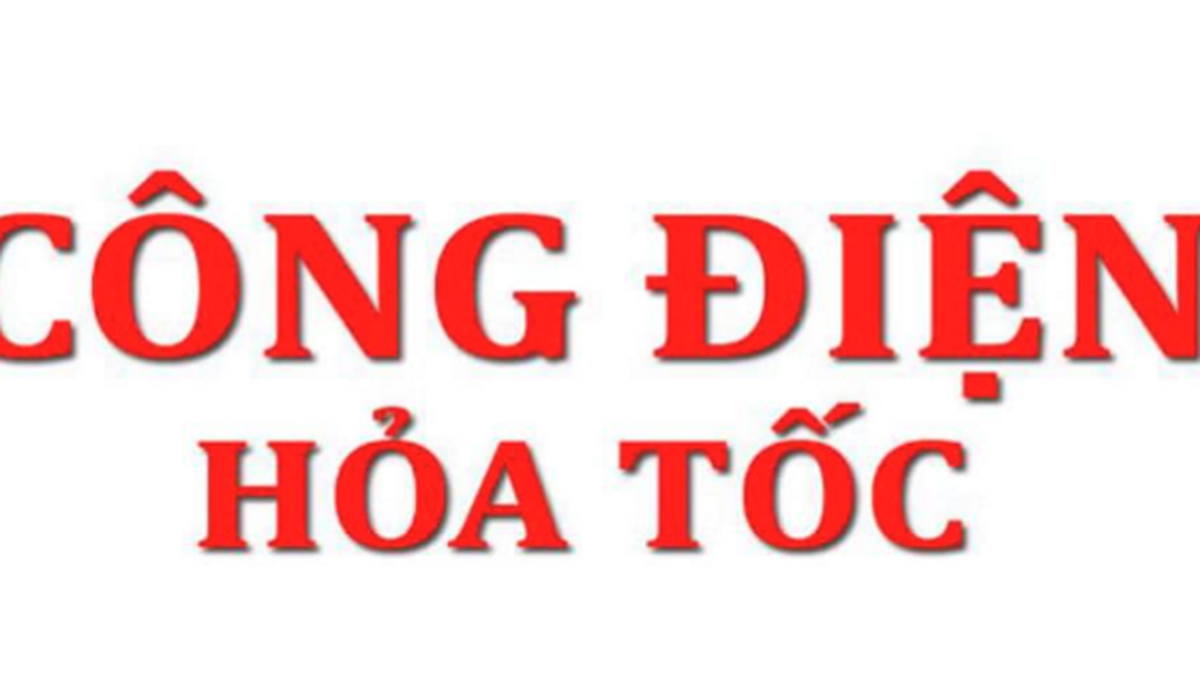
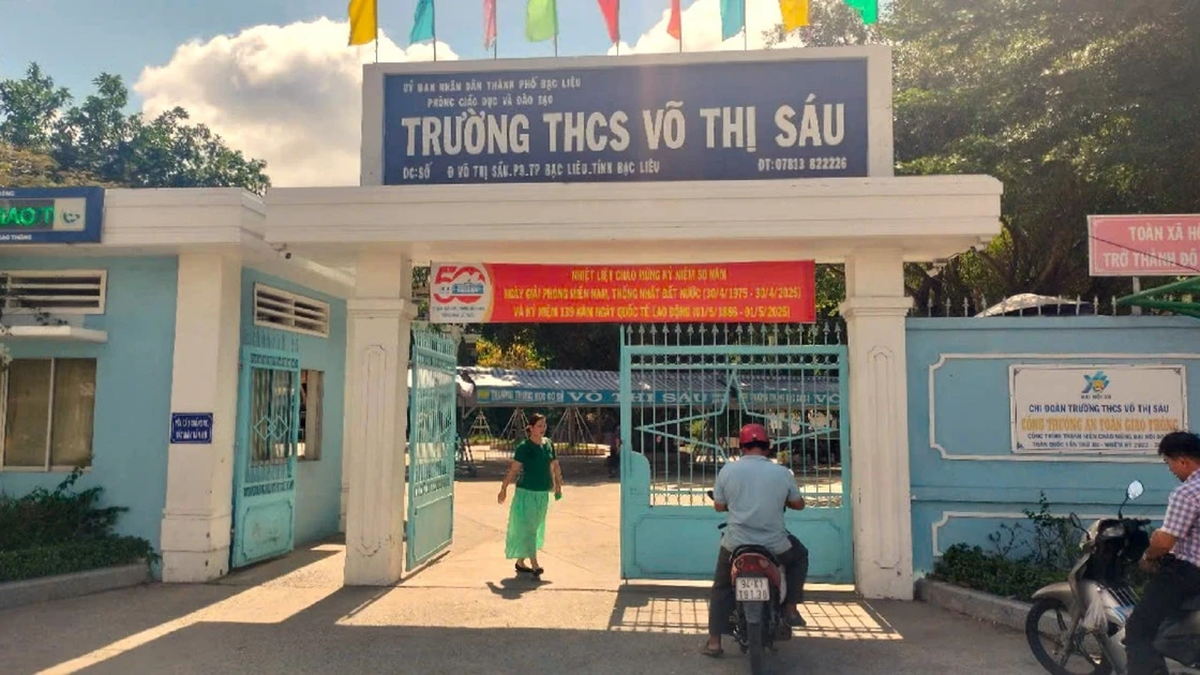




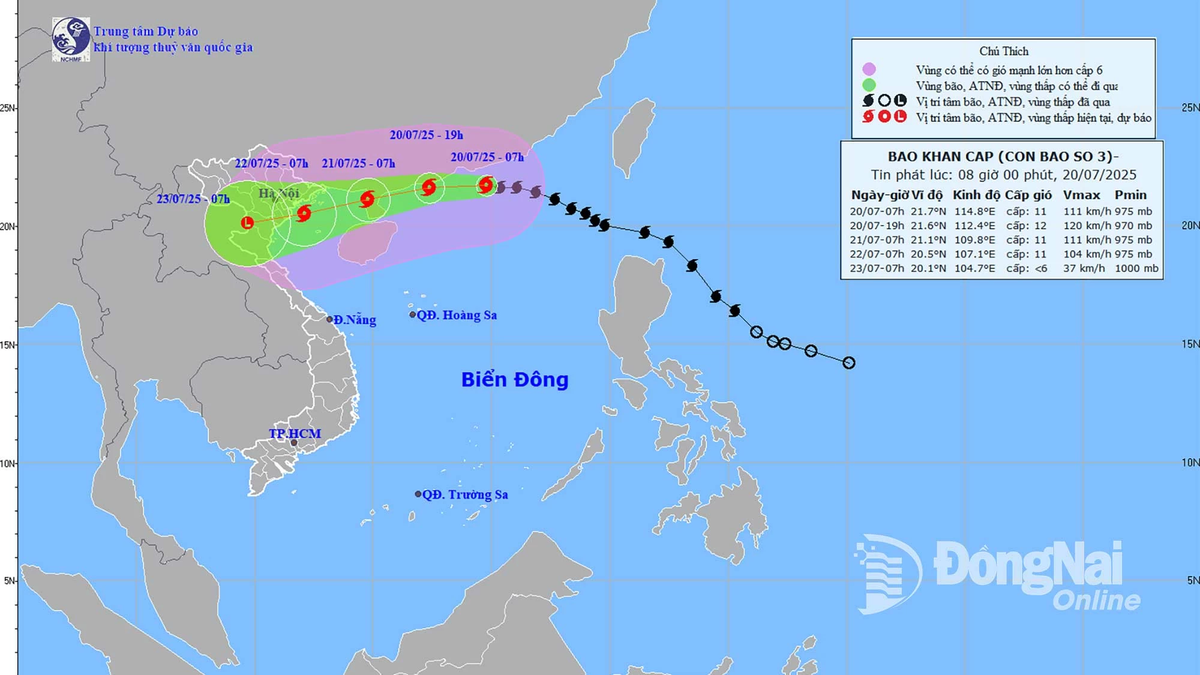
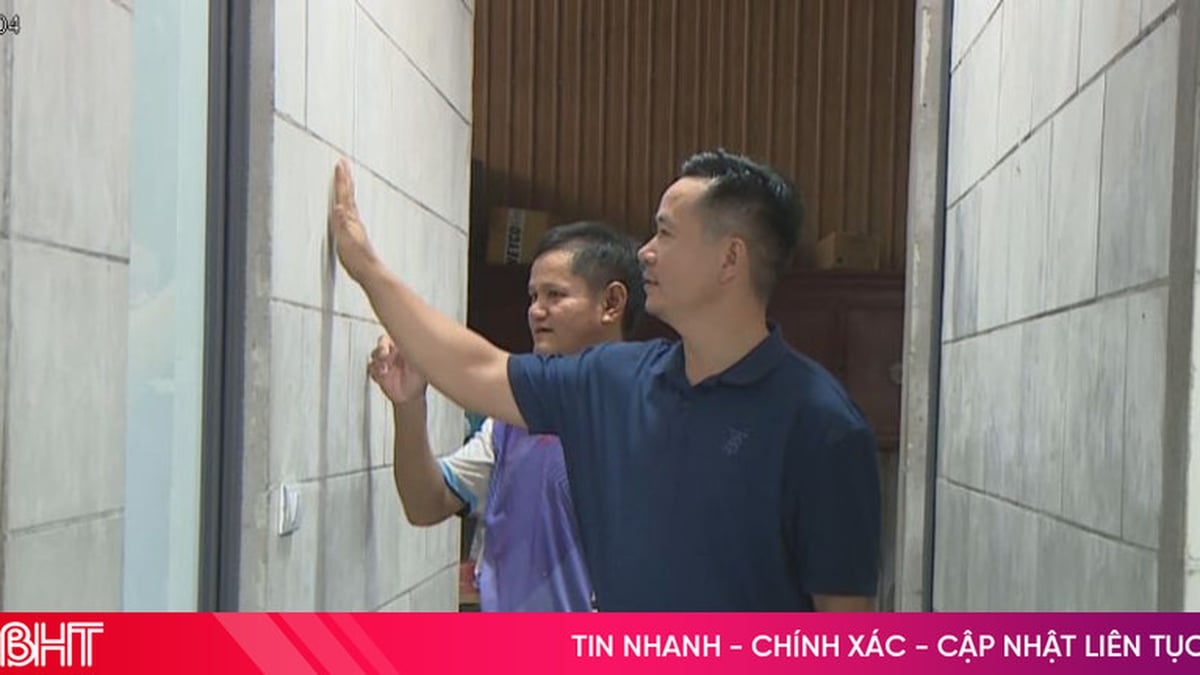
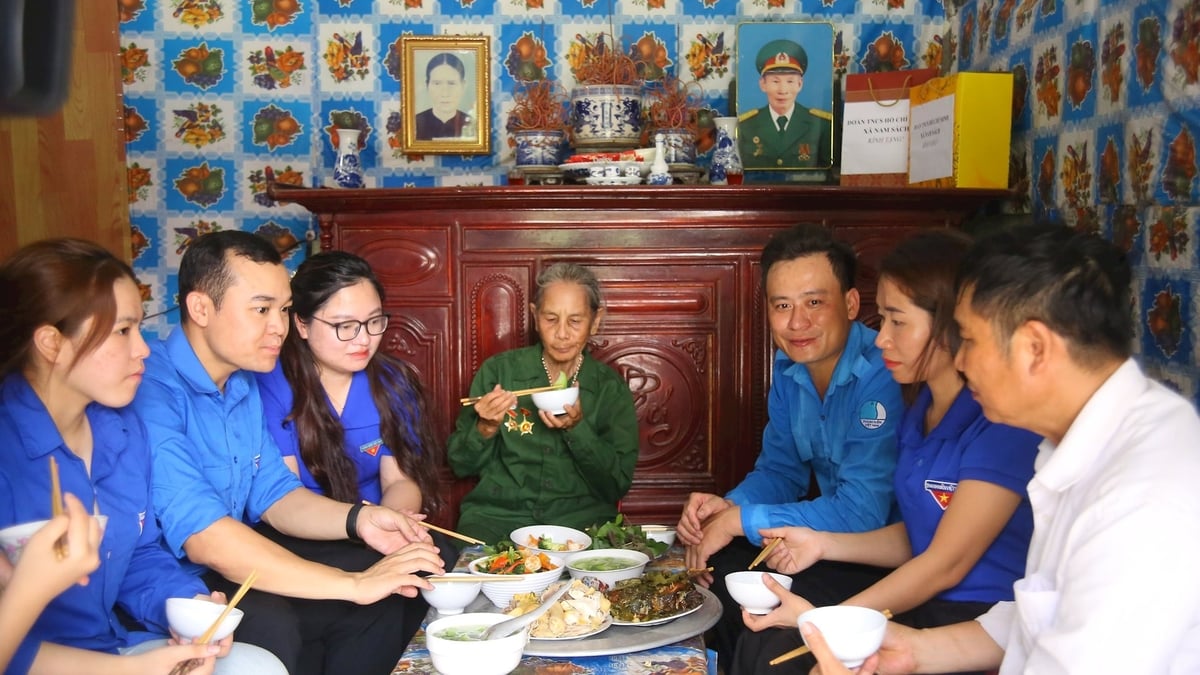

























































































Comment (0)